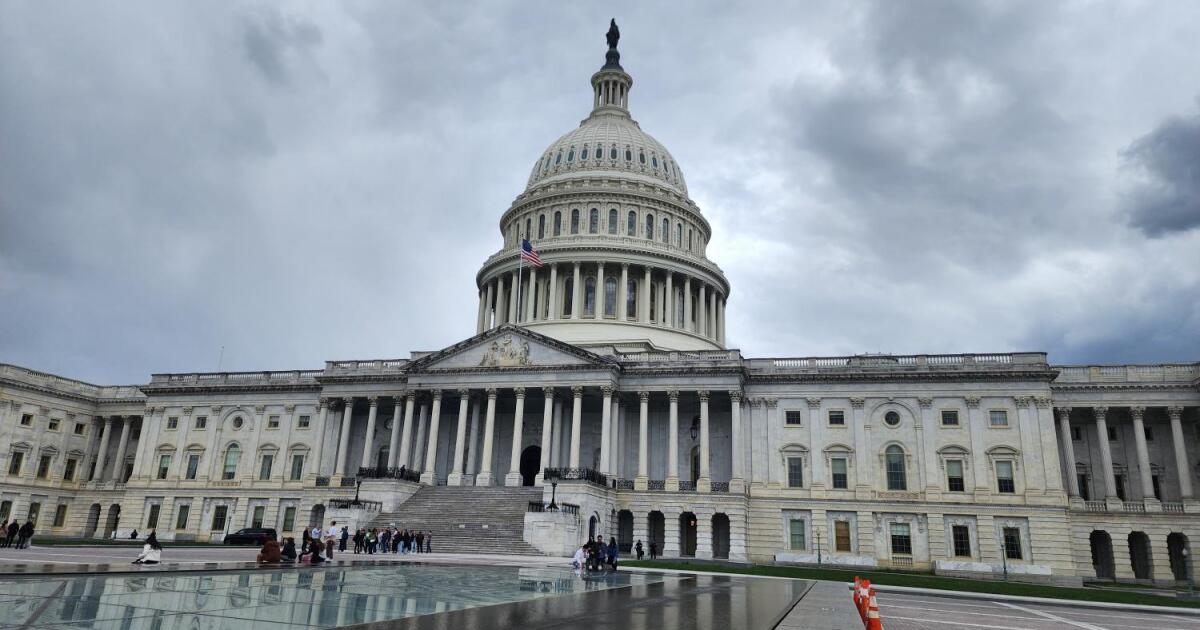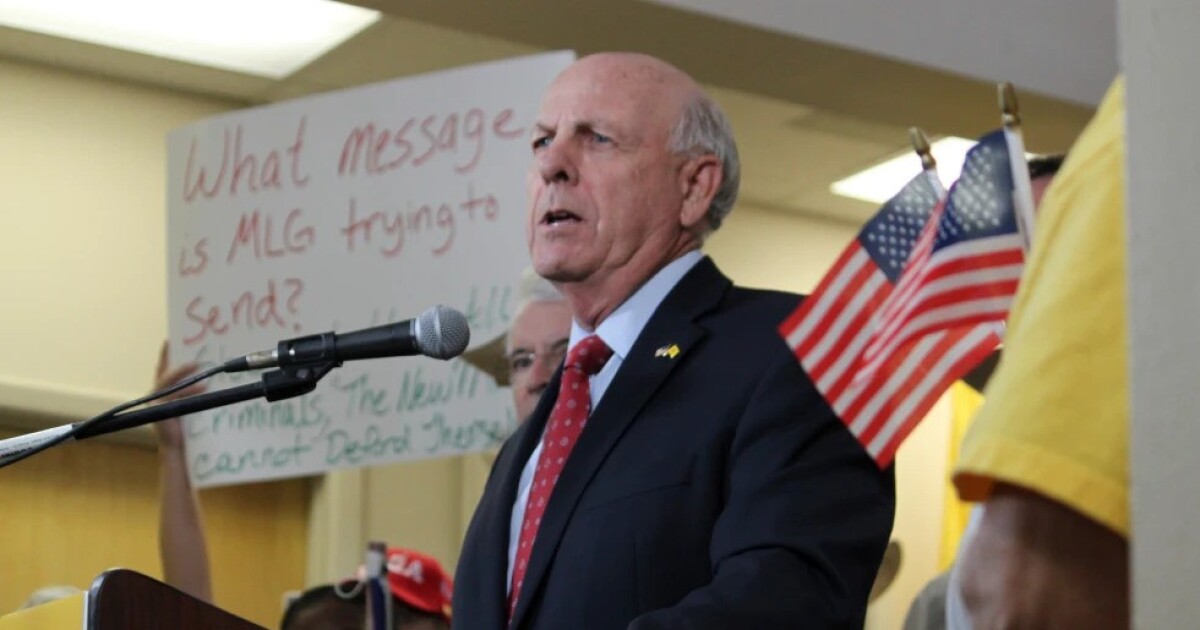Electricity Rates to Surge Following New Legislation Ending Renewable Tax Incentives
In a move that could significantly impact electricity costs, President Trump’s signing of a new law on July 4th has terminated tax incentives for wind and solar energy projects. This change is anticipated to increase electricity bills nationwide, with Republican-led states potentially facing the steepest hikes, according to Energy Innovation.
The removal of these tax credits is expected to make wind and solar projects more expensive. As a result, fewer projects may be developed, prompting a heavier reliance on natural gas plants, which are generally costlier to operate than their renewable counterparts.
Dan O’Brien, a senior analyst at Energy Innovation, notes that states lacking their own renewable energy development policies might suffer the most. For instance, Oklahoma residents could see electricity rates increase by 60% to 350% over the next decade. Other states like Kentucky, Missouri, and Kansas are projected to face rate increases of 48%, 39%, and 30%, respectively. These states have a predominantly Republican congressional representation.
O’Brien explains, “In a world before the bill, you would have a lot of cheap renewables… But after the bill, there’s nothing making sure those keep coming on, so you’re seeing a lot more expensive gas generation.”
Despite these concerns, White House spokesperson Taylor Rogers stated that the legislation aims to boost U.S. energy production. “The One, Big, Beautiful Bill will turbocharge energy production by streamlining operations for maximum efficiency and expanding domestic production capacity, which will deliver further relief to American families and businesses,” Rogers said.
Renewable Energy Sector Faces Uncertainty
Renewable energy projects, which have been heavily supported by federal tax incentives, now find themselves in a precarious position. The wind and solar industries have seen substantial cost reductions over the years, bolstered by these incentives. However, with the new legislation, industry advocates are concerned about the withdrawal of these financial supports.
Craig Lawrence from Energy Transition Ventures highlights the issue, stating, “I think we’ve become complacent, dependent on these tax credits, and I think we need to finally phase them out.” Yet, the sudden removal of these incentives has left the sector in disarray.
With a new executive order from Trump potentially altering the guidelines for project construction, companies are now questioning the stability of their investments. Keith Martin from Norton Rose Fulbright describes the situation as “trying to do business while bouncing up and down on a trampoline.”
Natural Gas Usage Set to Rise
The legislative changes are likely to increase reliance on natural gas plants, which will further drive up operational costs. While renewable sources remain the most economical for new power generation, the lack of incentives for renewables could hinder future developments.
O’Brien from Energy Innovation warns that the U.S. is already maximizing its cheaper gas facilities, and further demand will increase prices, especially with rising global demand for liquified natural gas.
Economic and Environmental Impacts
Nationally, electricity rates could rise by 9% to 18% by 2035, according to Energy Innovation. The removal of tax incentives could lead to a loss in investments and jobs, particularly affecting renewable energy manufacturing.
U.S. greenhouse gas emissions are projected to decrease by only 25% by 2035 compared to 2005 levels, a modest improvement from current levels. The lack of significant progress in emissions reduction highlights the challenges faced under the new legislative framework.
Columbia University’s Noah Kaufman remarks on the broader implications: “Tax incentives for clean energy were extended… to address climate change and to better prepare the U.S. energy system and economy for the global energy transition,” goals not shared by the current administration.
—
Read More Michigan News









